Navigating The Crossroads: A Comprehensive Exploration Of The Japan-China Relationship
Navigating the Crossroads: A Comprehensive Exploration of the Japan-China Relationship
Related Articles: Navigating the Crossroads: A Comprehensive Exploration of the Japan-China Relationship
Introduction
With great pleasure, we will explore the intriguing topic related to Navigating the Crossroads: A Comprehensive Exploration of the Japan-China Relationship. Let’s weave interesting information and offer fresh perspectives to the readers.
Table of Content
Navigating the Crossroads: A Comprehensive Exploration of the Japan-China Relationship
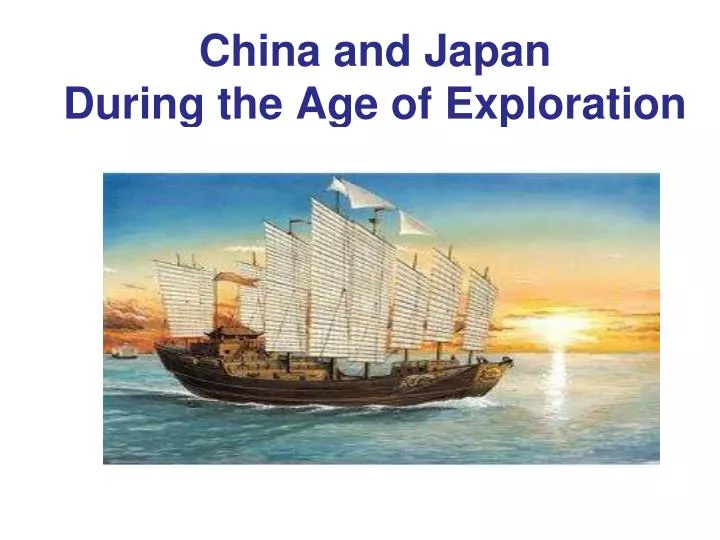
The relationship between Japan and China, two East Asian giants, is a complex tapestry woven with threads of history, economics, culture, and geopolitics. Understanding this dynamic is crucial for comprehending the regional and global landscape, as the two nations’ interactions profoundly impact the Asia-Pacific region and beyond. This exploration delves into the multifaceted dimensions of the Japan-China relationship, examining its historical roots, current state, and future prospects.
Historical Roots: A Legacy of Conflict and Cooperation
The history of Japan and China is marked by both conflict and cooperation. From the 7th century onwards, Japan actively absorbed Chinese culture and institutions, adopting Confucianism, Buddhism, and writing systems. However, this cultural exchange was often accompanied by periods of military tension.
The 19th and 20th centuries witnessed a dramatic shift in the relationship. Japan’s rise as a modern power led to its expansionist ambitions, culminating in the invasion and occupation of Manchuria in 1931 and the full-scale war with China in 1937. The ensuing Second Sino-Japanese War, characterized by brutality and devastation, left deep scars on the collective memory of both nations.
Following World War II, Japan and China embarked on a path of normalization, establishing diplomatic relations in 1972. However, historical grievances, particularly the issue of wartime atrocities, continued to cast a shadow over the relationship.
Economic Interdependence: A Complex Web of Trade and Investment
Despite historical tensions, Japan and China have become inextricably intertwined economically. China has emerged as Japan’s largest trading partner, while Japan remains a significant source of investment and technology for China. This economic interdependence has generated mutual benefits, fostering economic growth and prosperity for both nations.
However, the economic relationship is not without its challenges. Trade disputes, competition in key industries, and concerns over intellectual property rights have strained the economic partnership. The growing economic influence of China has also fueled anxieties in Japan about its economic security and strategic autonomy.
Geopolitical Dynamics: Navigating a Complex Power Balance
The Japan-China relationship is also shaped by geopolitics. Both nations are major players in the Asia-Pacific region, with overlapping interests and competing ambitions. China’s assertive foreign policy, particularly in the South China Sea, has raised concerns in Japan about its security and regional stability.
Japan, aligned with the United States, has strengthened its military capabilities and deepened its strategic partnership with the US. This has led to heightened tensions with China, which views the US-Japan alliance as a containment strategy.
Cultural Exchanges: Bridging the Gap through People-to-People Connections
Despite historical and geopolitical challenges, cultural exchanges between Japan and China continue to play a vital role in fostering understanding and cooperation. Tourism, education, and cultural events provide platforms for people-to-people interactions, promoting cross-cultural dialogue and building bridges of understanding.
However, cultural differences, including language barriers and differing values, can also present obstacles to deeper engagement. Promoting cultural understanding and reducing cultural biases are crucial for building a more stable and harmonious relationship.
Challenges and Prospects: A Path Towards a Sustainable Future
The Japan-China relationship faces numerous challenges, including historical grievances, territorial disputes, and strategic competition. However, both nations recognize the importance of maintaining a stable and constructive relationship.
The key to navigating these challenges lies in fostering dialogue, building trust, and seeking common ground. Addressing historical issues, promoting economic cooperation, and managing strategic competition through diplomacy and communication are crucial for forging a more sustainable and prosperous future for both Japan and China.
FAQs
Q: What are the main historical tensions between Japan and China?
A: The main historical tensions stem from Japan’s imperial ambitions and its brutal occupation of China during World War II. This period saw widespread atrocities, including the Nanjing Massacre, which continue to haunt the relationship.
Q: How does the economic relationship between Japan and China impact the broader region?
A: The economic interdependence between Japan and China contributes significantly to the overall economic growth of the Asia-Pacific region. However, trade disputes and competition can also destabilize regional markets.
Q: How does the US-Japan alliance affect the Japan-China relationship?
A: China views the US-Japan alliance as a containment strategy, leading to heightened tensions. Japan, however, sees the alliance as crucial for its security and regional stability.
Q: What are the prospects for future cooperation between Japan and China?
A: The future of the Japan-China relationship hinges on both nations’ willingness to address historical issues, promote economic cooperation, and manage strategic competition through diplomacy and dialogue.
Tips
- Engage in open and honest dialogue: Addressing historical grievances and promoting understanding are essential for building trust.
- Foster economic cooperation: Expanding trade and investment can create mutual benefits and strengthen economic ties.
- Manage strategic competition through diplomacy: Maintaining communication channels and seeking common ground can prevent conflict and promote regional stability.
- Promote cultural exchanges: Fostering people-to-people connections can bridge cultural divides and build understanding.
Conclusion
The Japan-China relationship is a complex and dynamic one, shaped by historical legacies, economic interdependence, and geopolitical competition. While challenges remain, the potential for cooperation and mutual benefit is undeniable. By fostering dialogue, building trust, and seeking common ground, both nations can navigate the complexities of their relationship and contribute to a more peaceful and prosperous Asia-Pacific region.
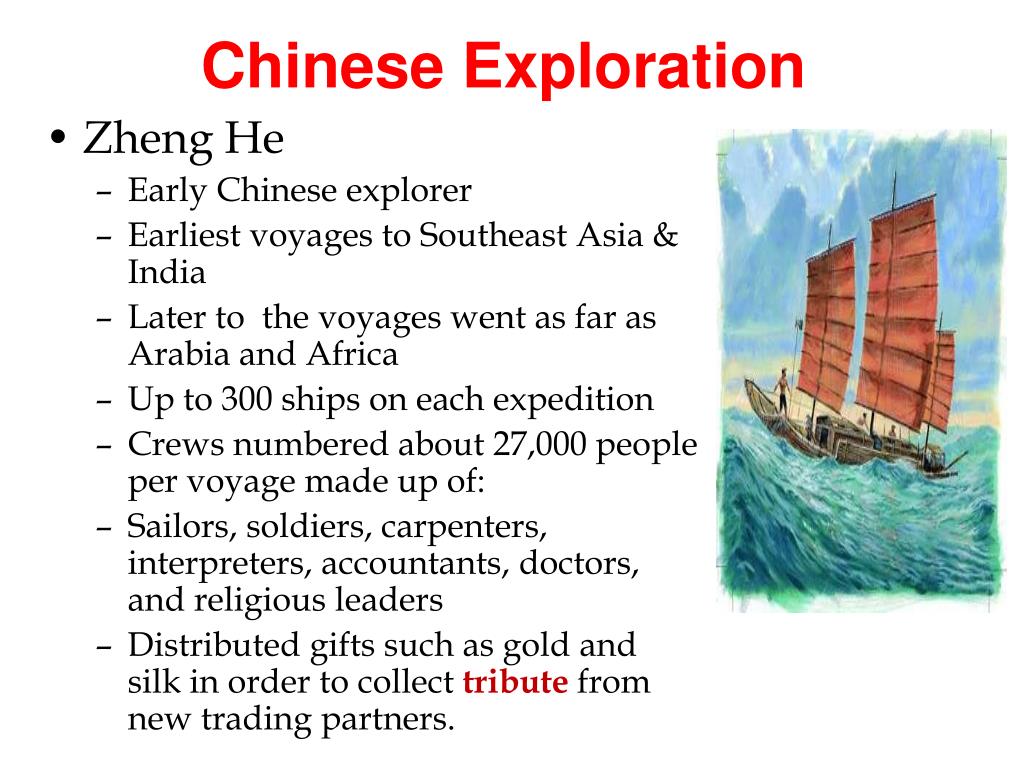

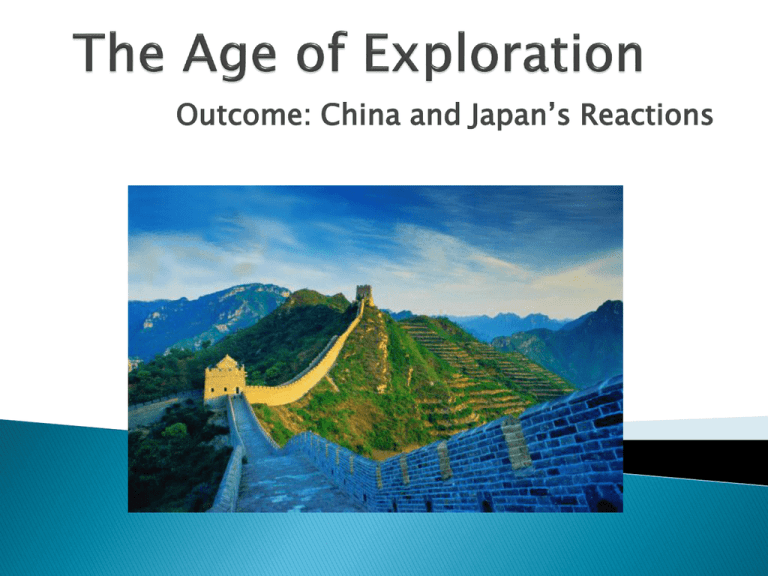

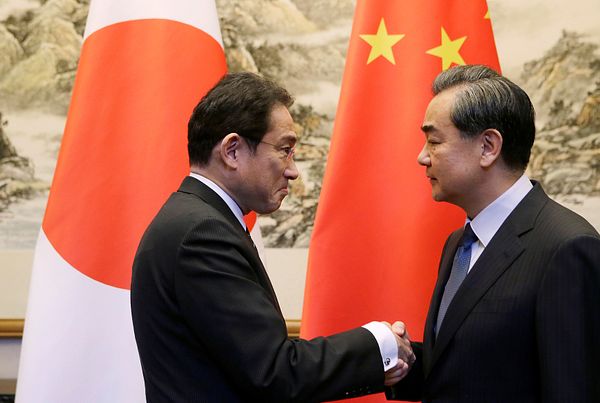
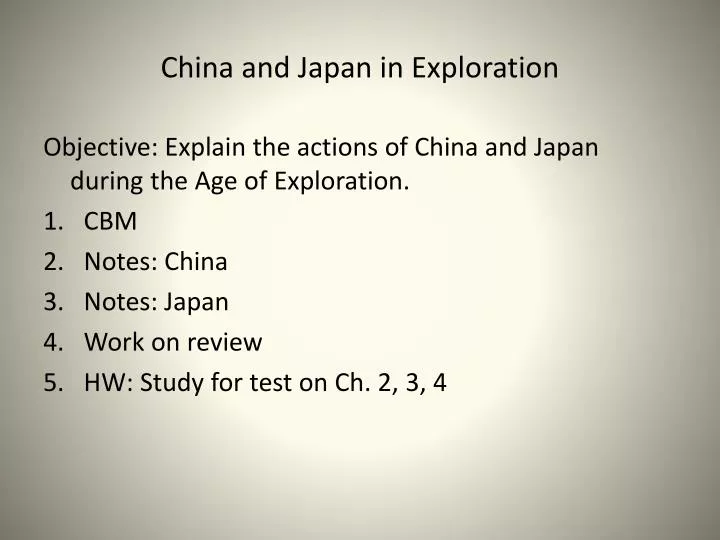


Closure
Thus, we hope this article has provided valuable insights into Navigating the Crossroads: A Comprehensive Exploration of the Japan-China Relationship. We appreciate your attention to our article. See you in our next article!